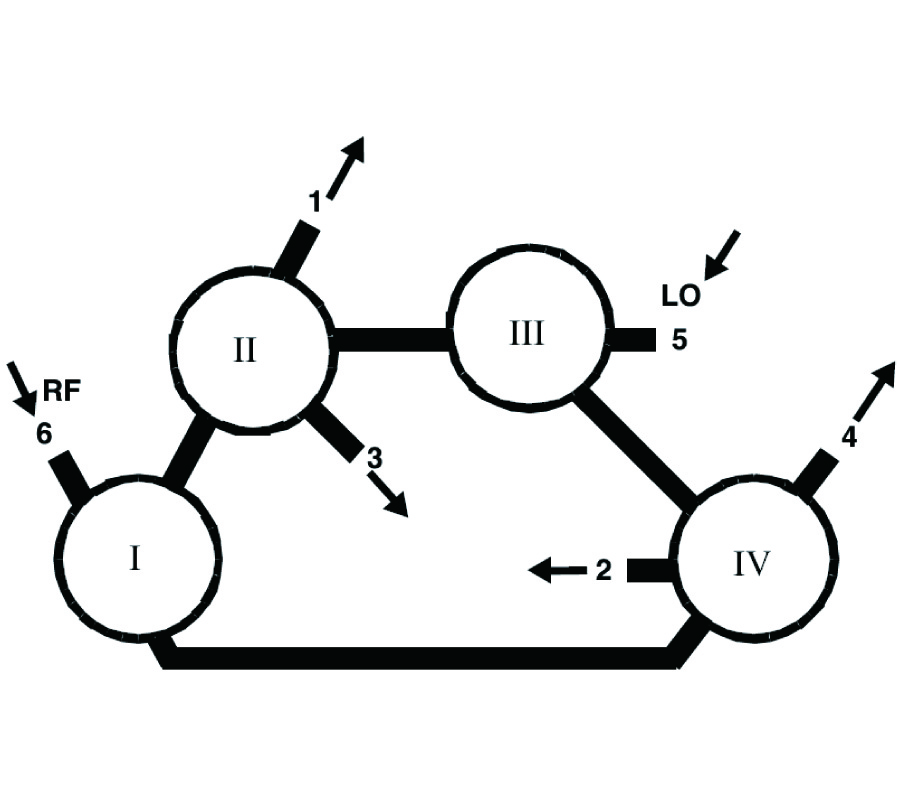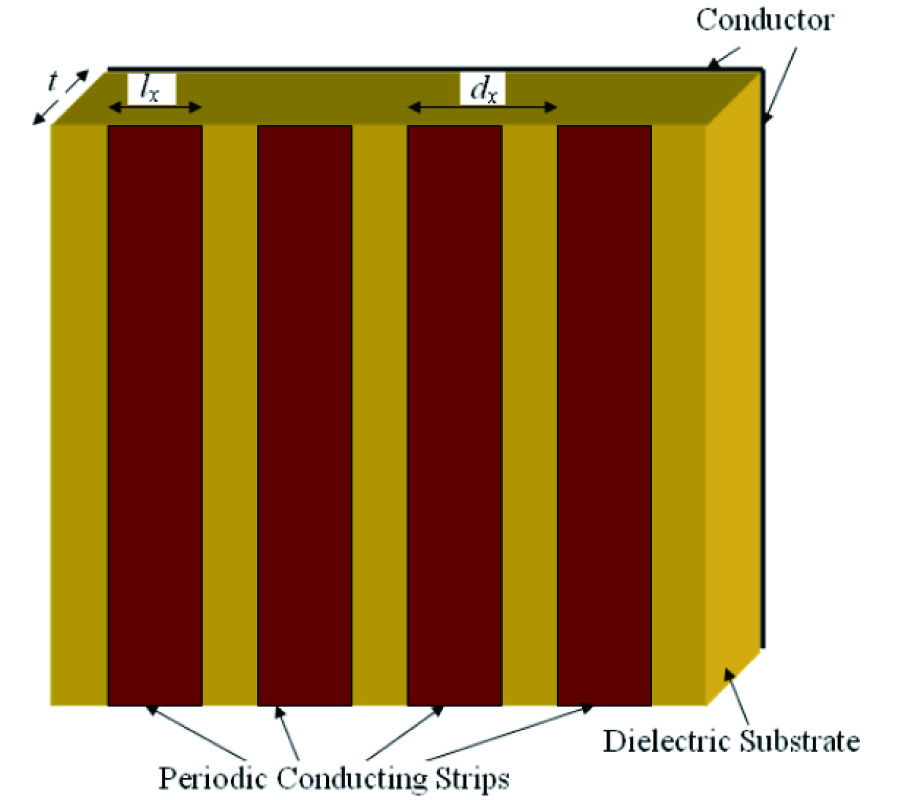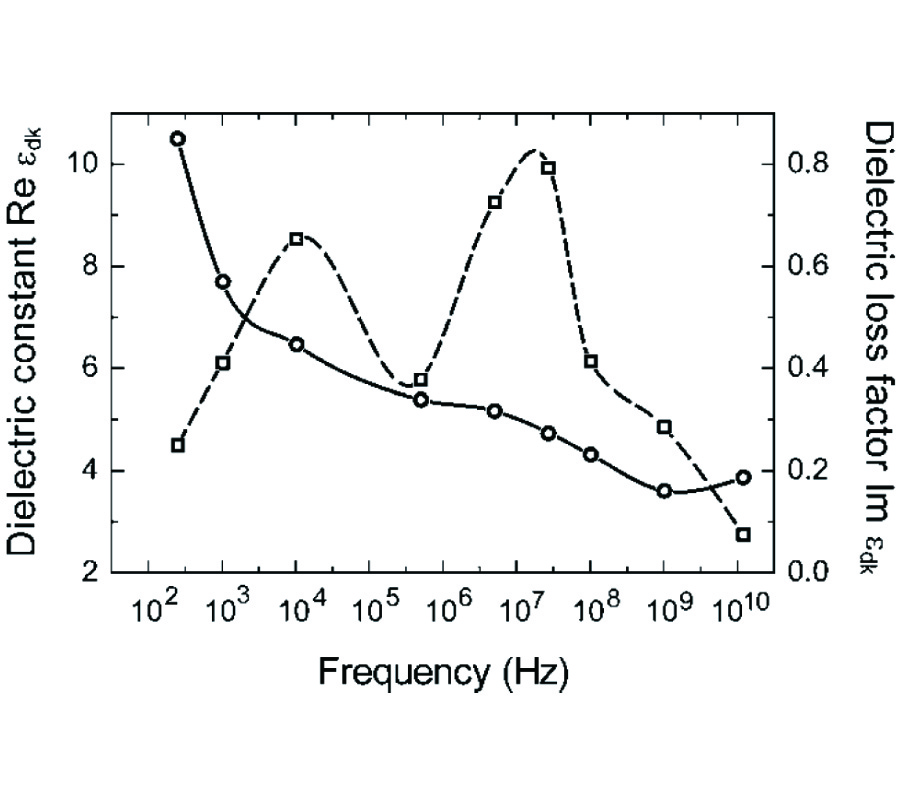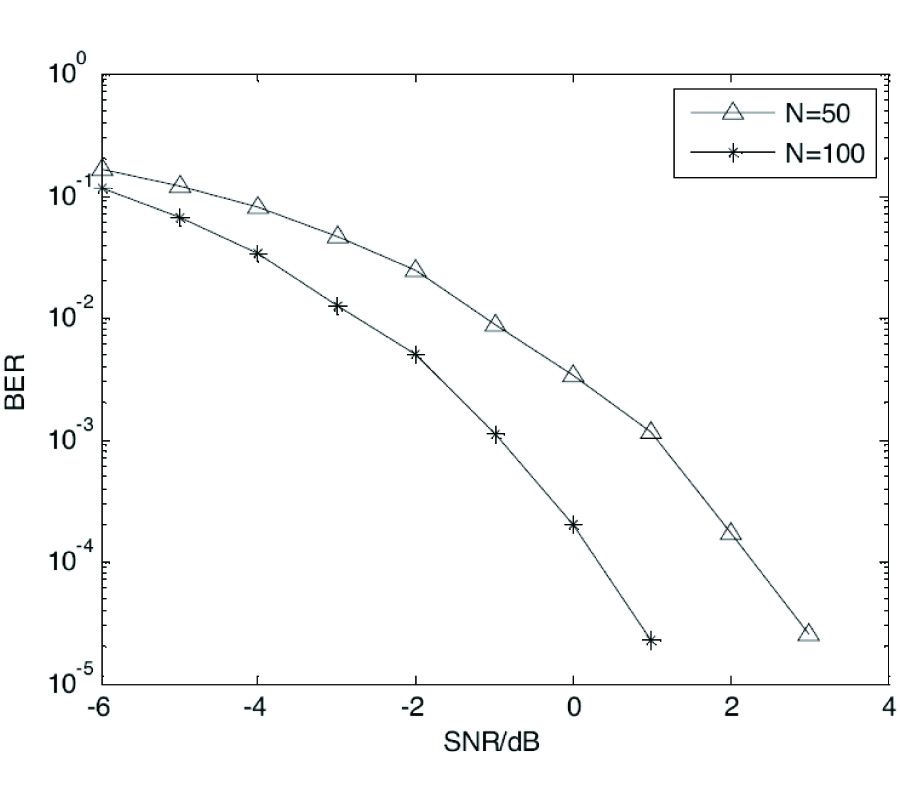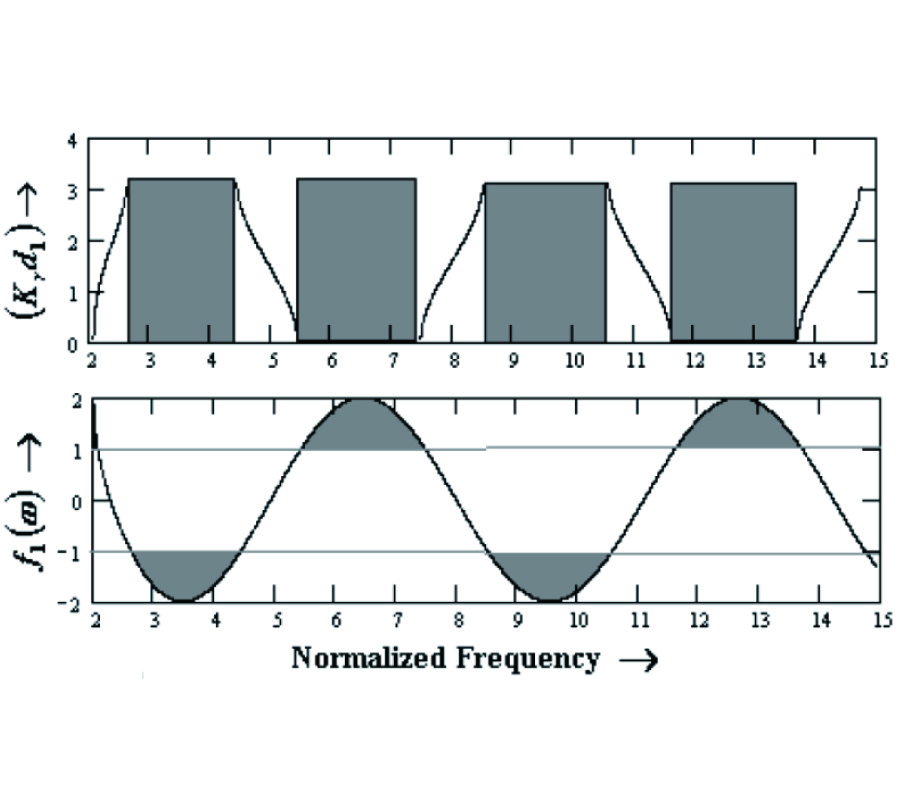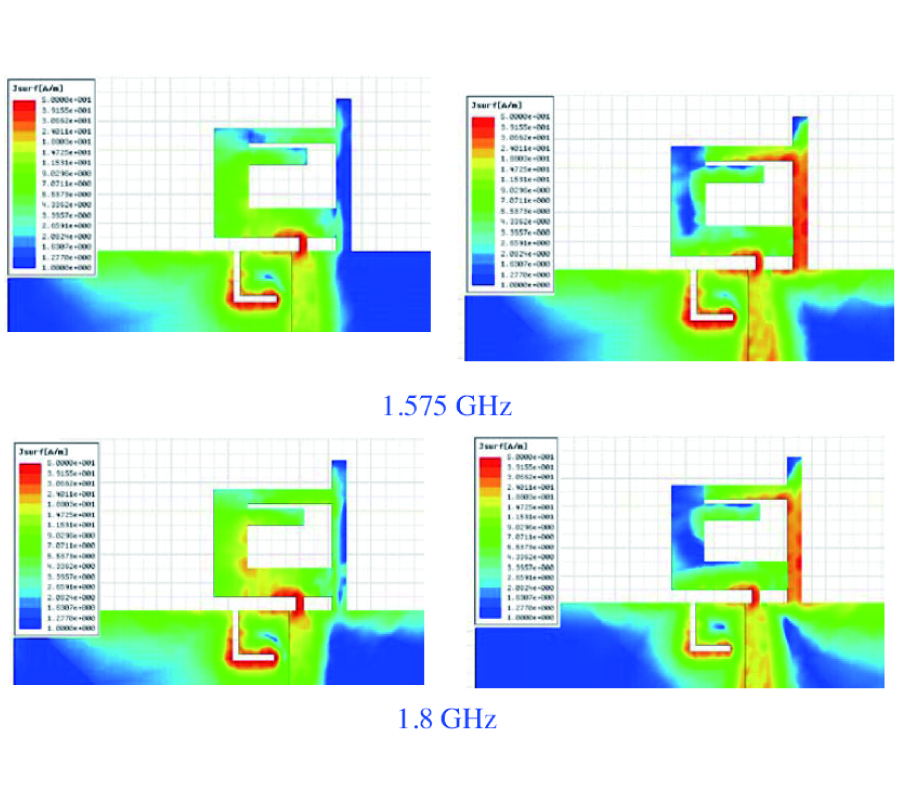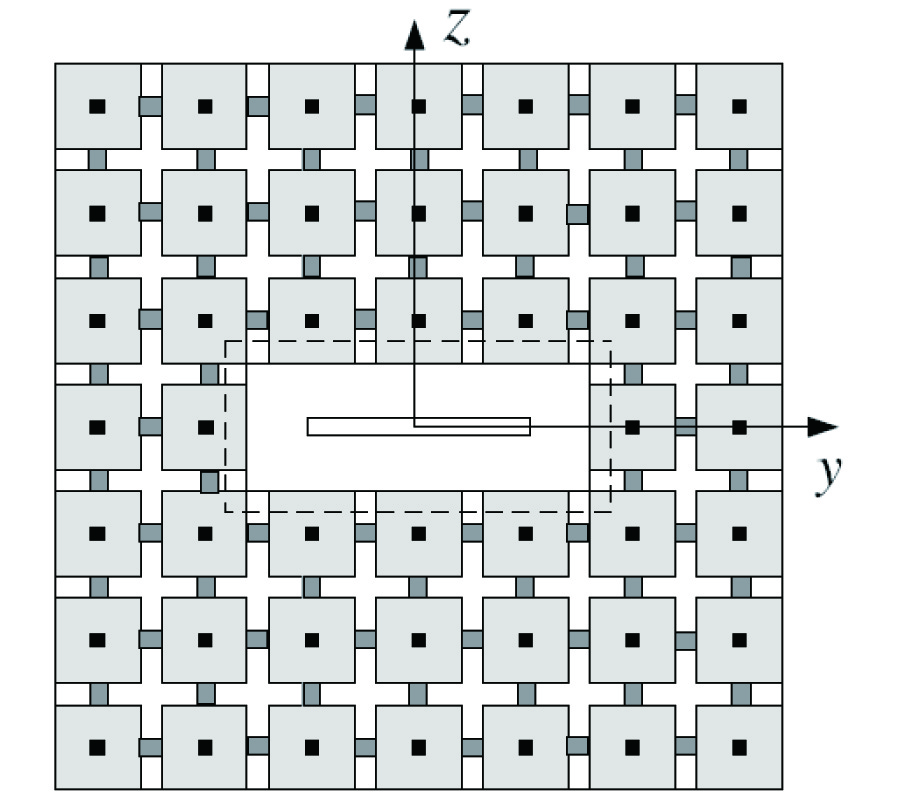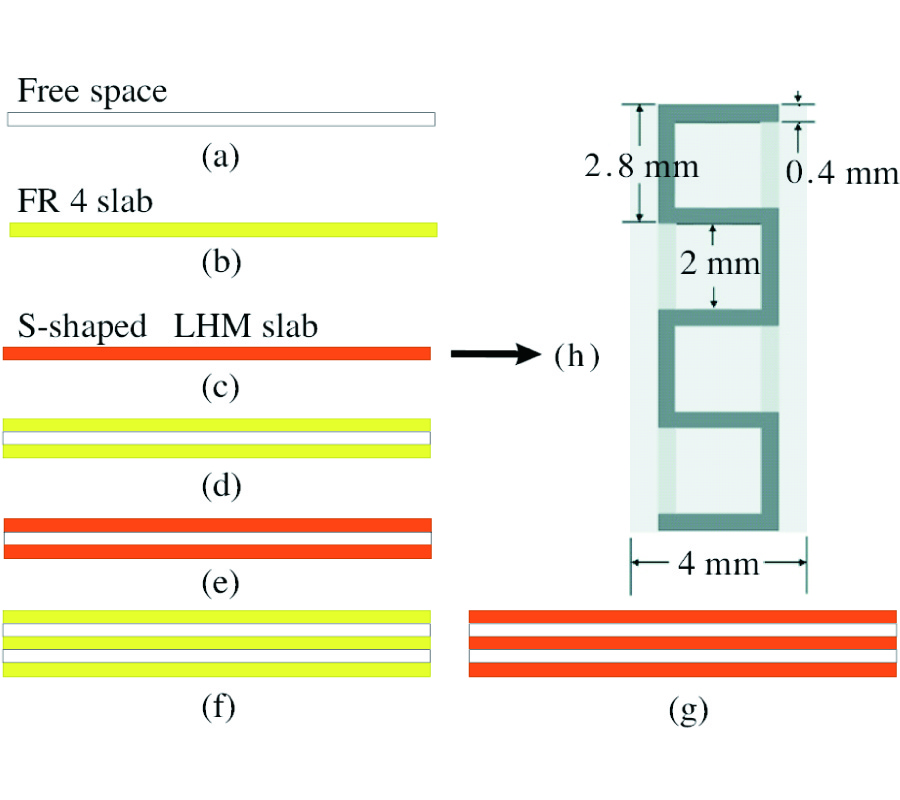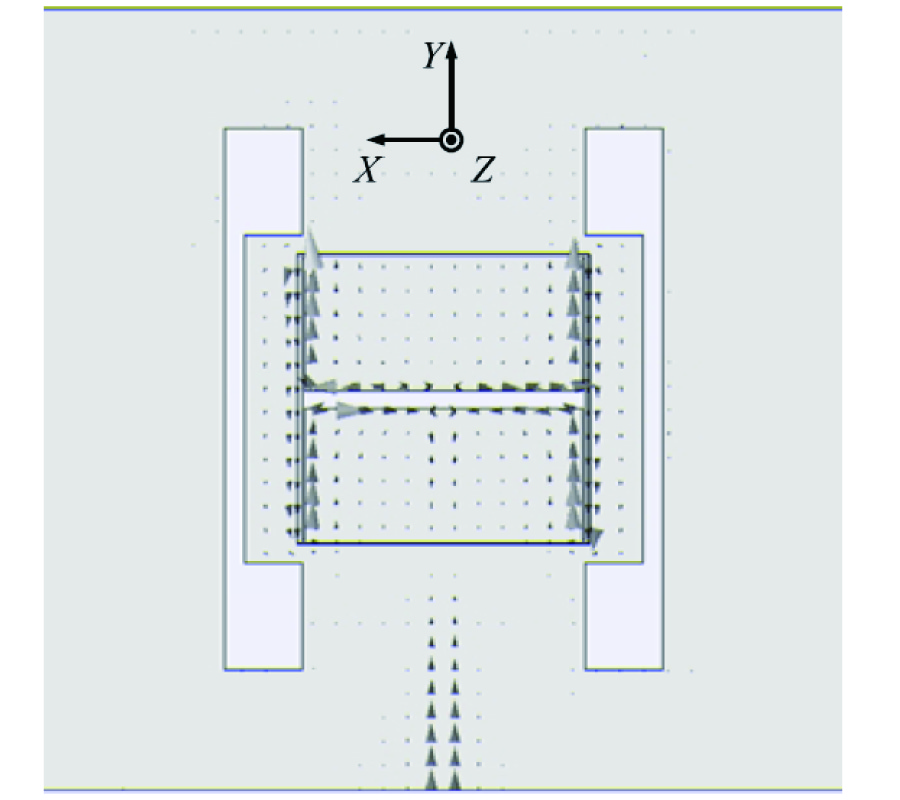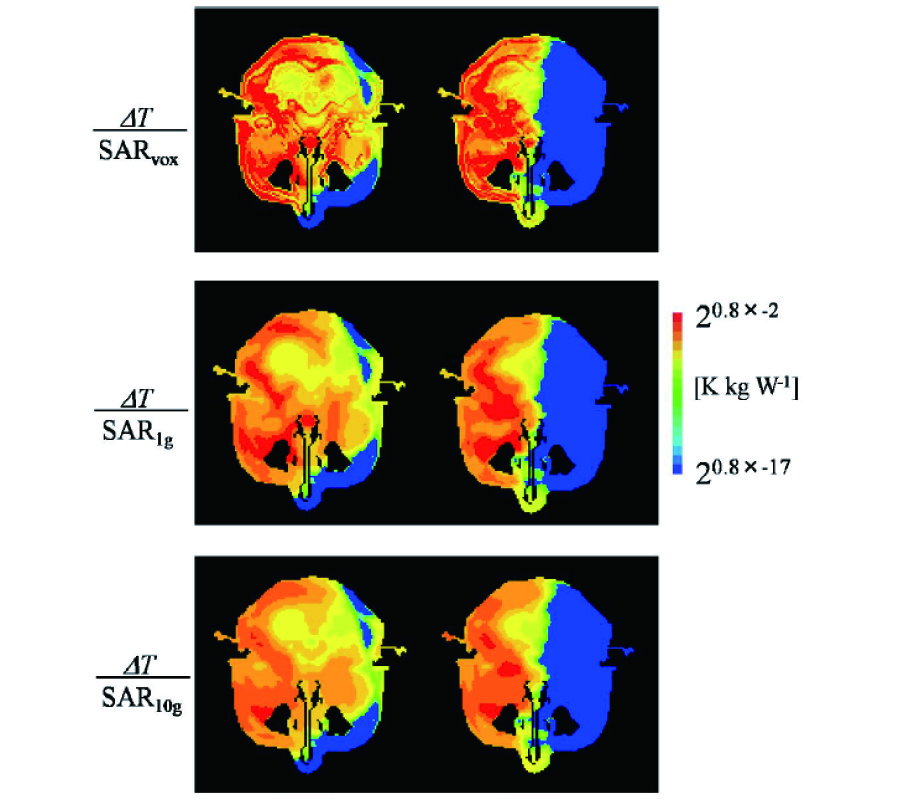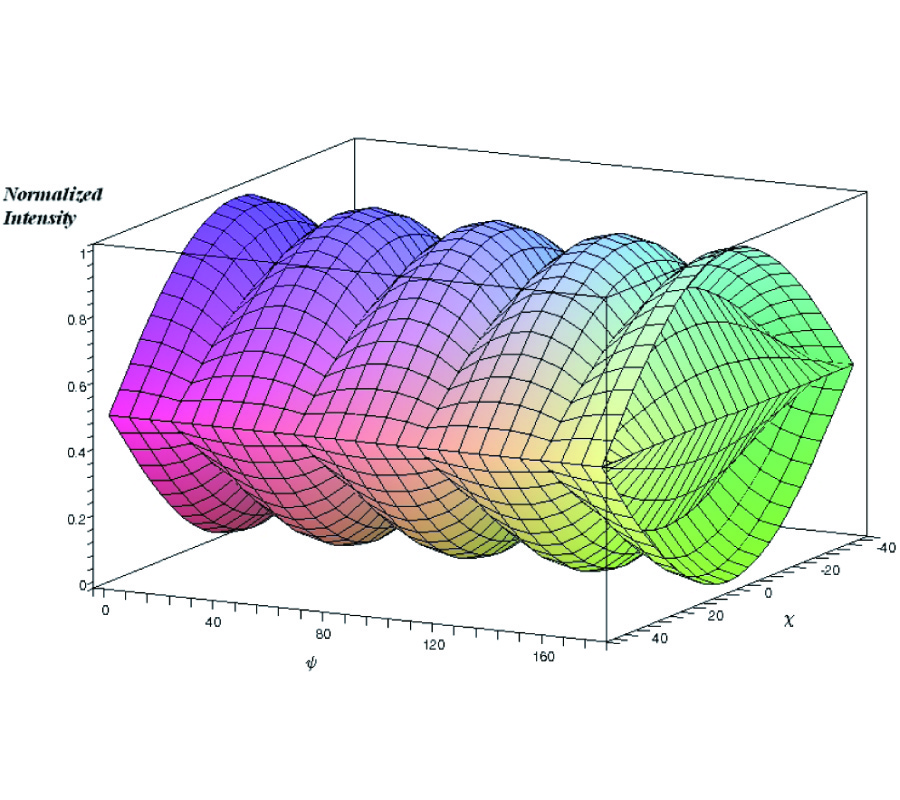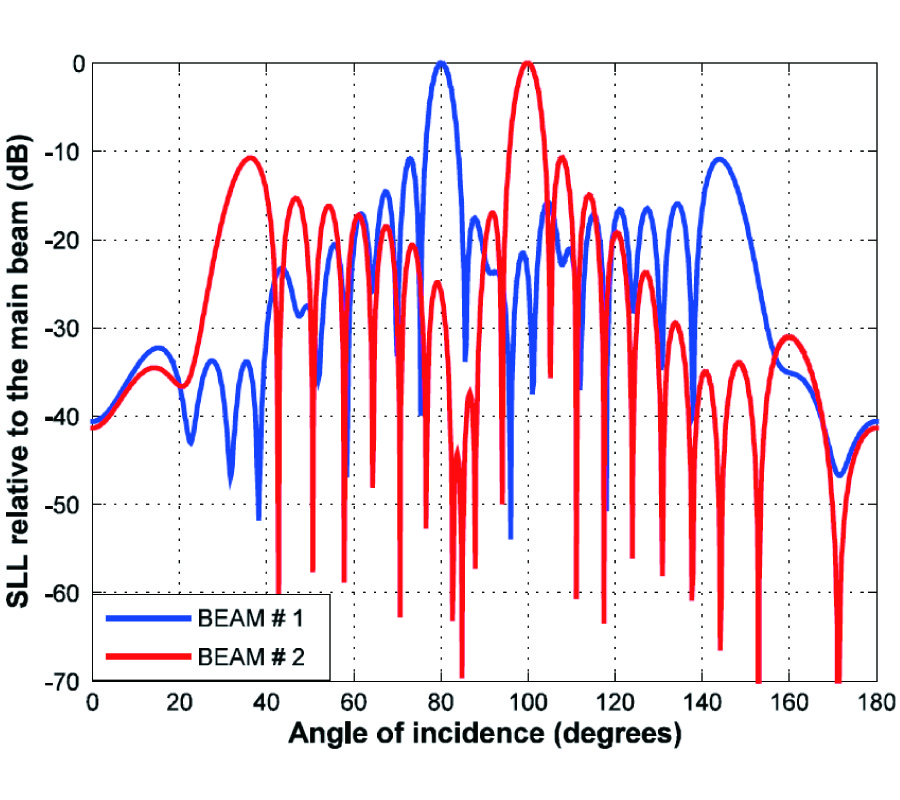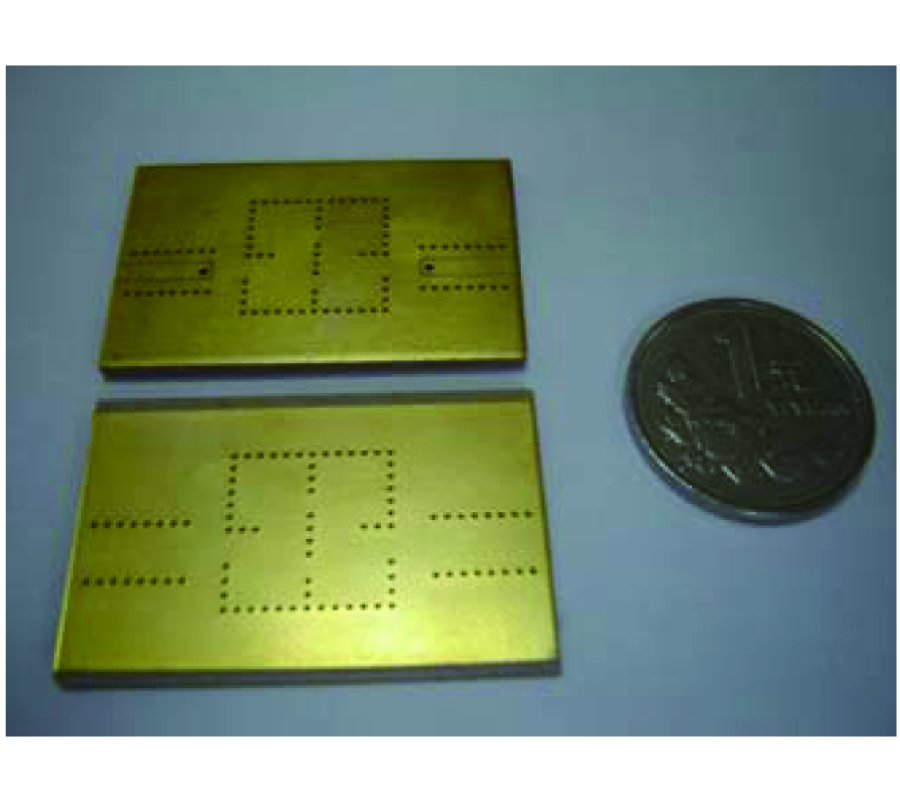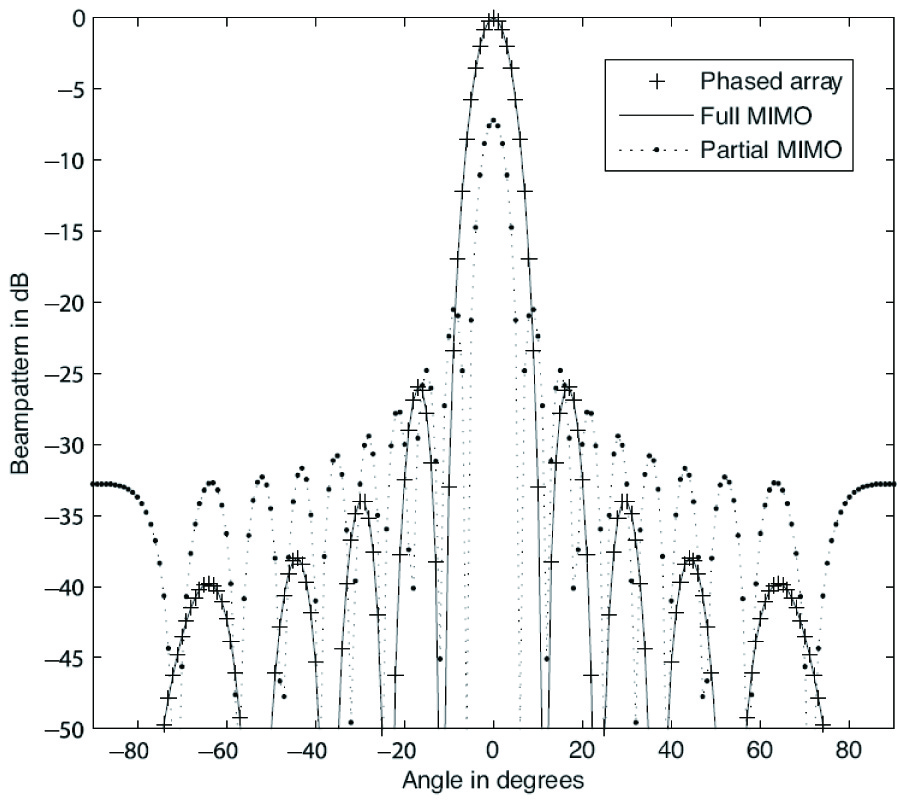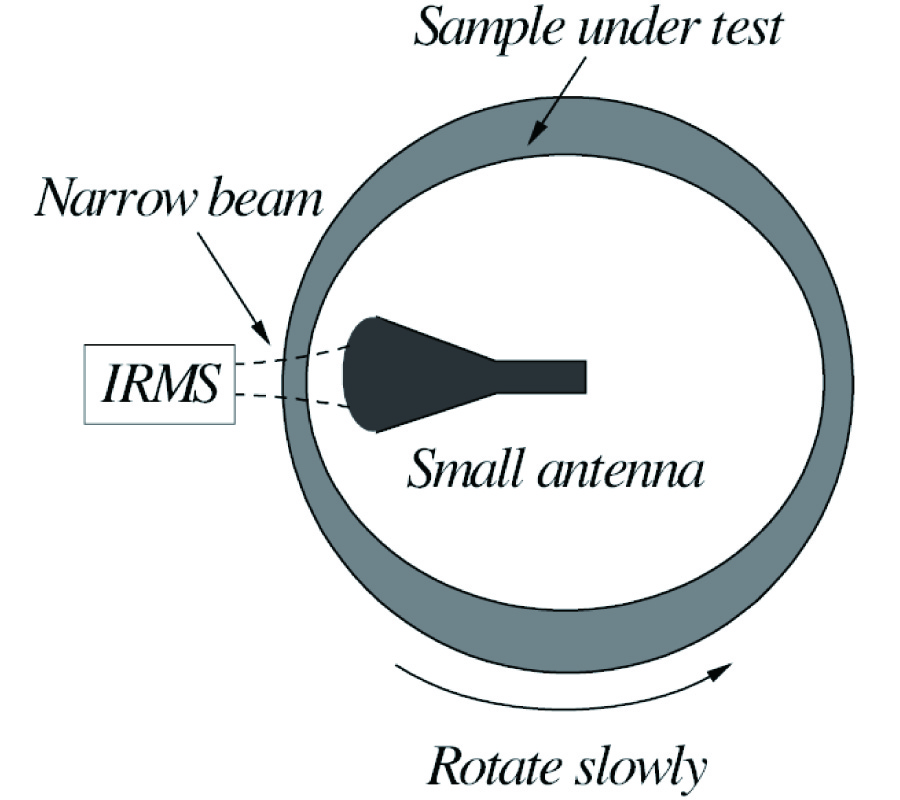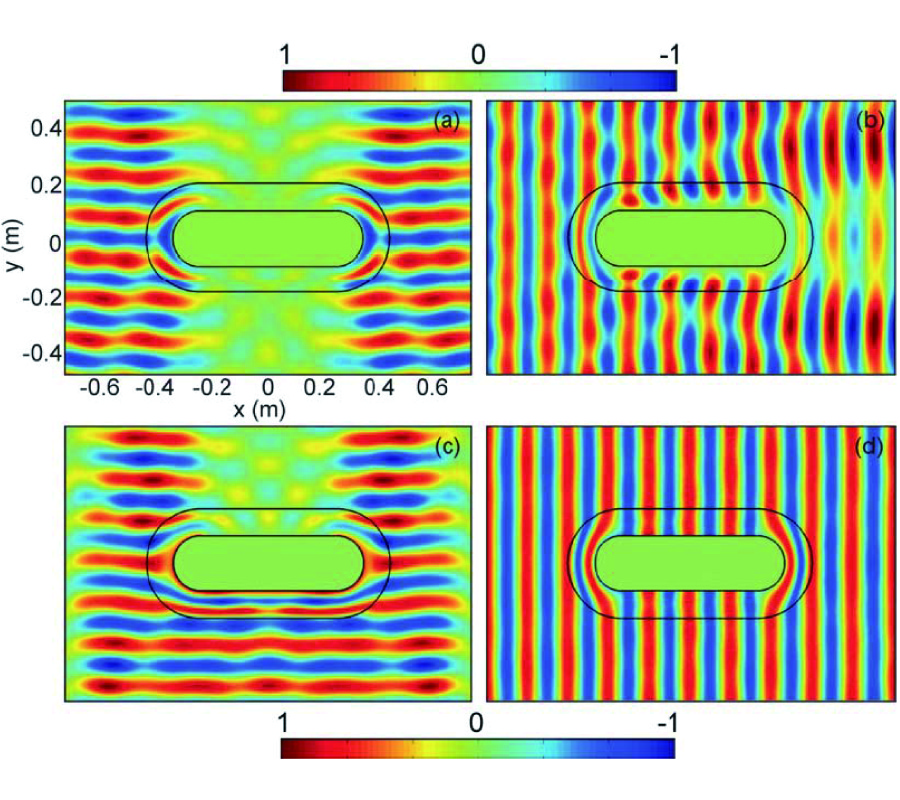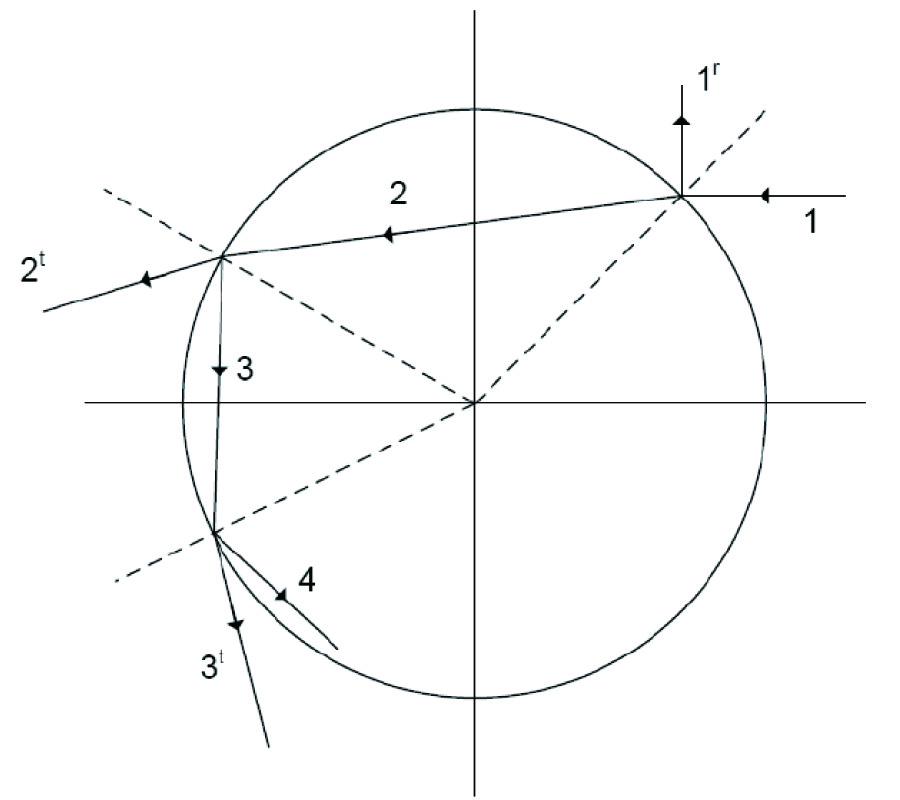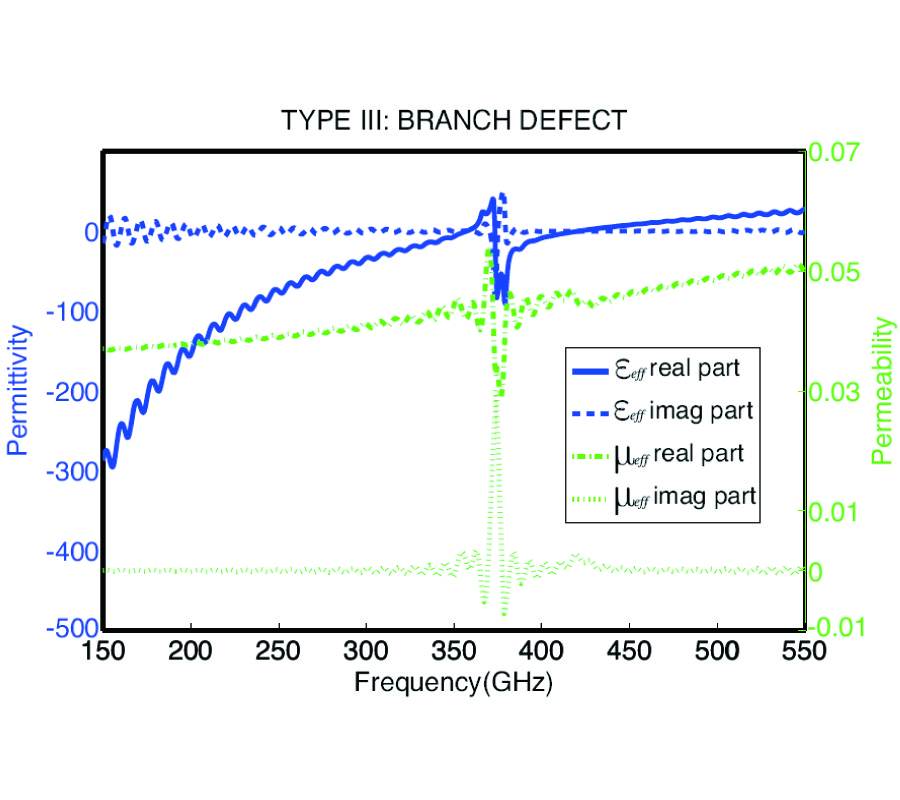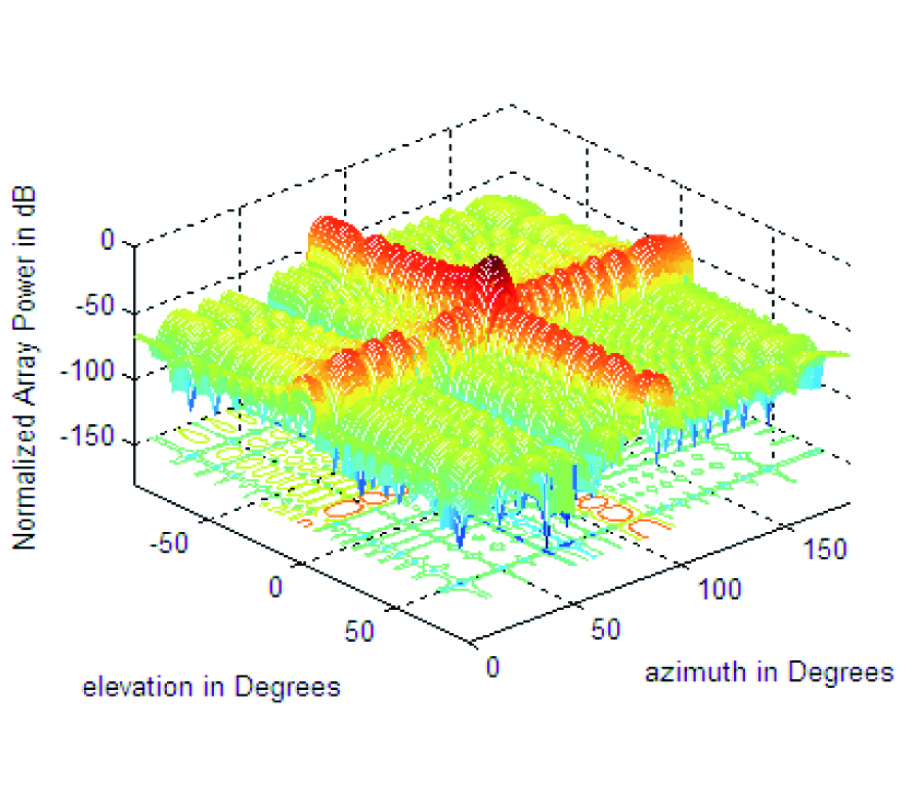A Compact Ultra-Wideband Microstrip Antenna with Multiple Notches
Xun-Cai Yin,
Cheng-Li Ruan,
Chao-Yuan Ding and
Jia-Hui Chu
In this paper, a new compact circular monopole ultrawideband antenna with multiple narrow bands notched is proposed, which is implemented by using the existing techniques, such as loading a L-type band-stop filter, inserting a split ring resonator (SRR), and the method we proposed that connecting L branches on the radiation disk. Four sharp notches at 2.4GHz, 3.5 GHz, 5.5 GHz, and 7.6 GHz are achieved separately. The measured VSWR shows a good agreement with the simulation results. The radiation patterns are obtained from Ansoft HFSS simulations and verified by CST Microwave Studio. The results prove that this kind of antenna can be applied in the UWB communication systems to avoid interference with other wireless systems, such as the 2.4GHz WLAN, 3.5 GHz WiMax, and 5.8 GHz WLAN etc. The parameters determining the antenna's band notched characteristic are discussed.
